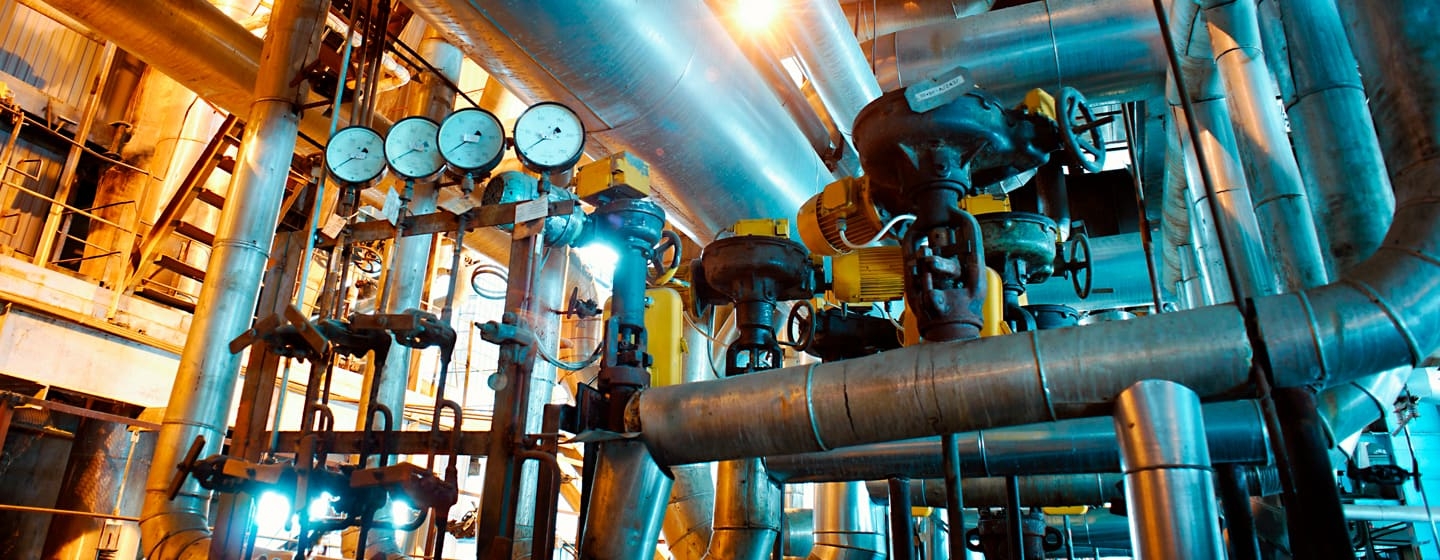Are you thinking about studying Chemical Engineering at university, but not sure if it’s the right degree for you? With so many different areas of Engineering to choose from, it can be hard to pick just one! To help you decide, we’re going to take an in-depth look at this exciting subject. So, what is Chemical Engineering?
Chemical Engineering focuses on the methods and machinery used to turn raw materials into useful products. Chemical Engineers also help to protect the environment by working out the best way to use the Earth’s natural resources. It combines elements of Chemistry, Biology, Physics and Maths.
A very ancient history
Chemical Engineering dates back to the very earliest humans, and the processes they used to make wine and preserve meat. However, Chemical Engineering as we know it today began in the 19th century, during a period called the Industrial Revolution.
The Industrial Revolution began in Great Britain, and it’s when people began making products on a mass scale. This meant we needed more chemicals, and to make production methods much faster and more efficient.
A man named George Davis is known as the ‘father’ of Chemical Engineering, after he gave a series of lectures on the subject at the University of Manchester in 1887. The next year, the Massachusetts Institute of Technology (MIT) offered the first Chemical Engineering degree. Now, of course, you can study Chemical Engineering all over the world!

Why study a Chemical Engineering degree?
Chemical Engineering is much more than just an engineering degree — you’ll usually study modules on Biochemistry and Maths too. Therefore, it suits students with a wide range of interests and abilities. The skills you’ll learn will be both creative and practical, offering you flexibility in your studies and your future career.
During your degree, you’ll learn the chemical processes used in the design and manufacture of a range of substances and products, and how to operate and oversee large-scale production plants. You will also think about more efficient ways to use energy, and how to keep people working with chemicals safe.

When you graduate, you’ll also have fantastic career prospects. Chemical Engineers are always in demand, and you could choose to work in the lab or in a production plant. Alternatively, you could work behind the scenes in a managerial or consultancy role.
Whichever path you choose, your hands-on degree will be great preparation as you’ll already have practical experience. You might even already have some useful industry contacts!
The relatively new field of Biotechnology also needs Chemical Engineers, and many scientists see it as one of the most exciting areas of research. You’ll be able to focus on the environment and sustainable technology, meaning you’ll have a real opportunity to make a positive impact on the world.
Plus, your skills can be used in any country on Earth, making Chemical Engineering a great degree choice if you’re interested in living, studying or working abroad.
Where can I study Chemical Engineering?
With Kaplan Pathways you could progress to a Chemical Engineering degree at one of our partner universities in the UK, the USA or Australia. Taking a pathway course with Kaplan will also prepare you for studying at university abroad, and help you qualify for the Chemical Engineering degree you want.






